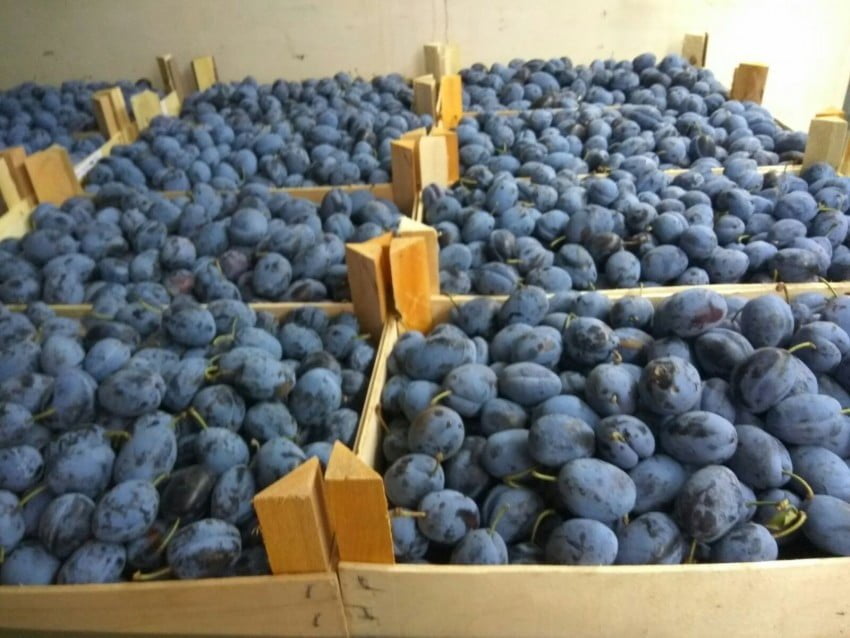According to experts from the Federation of Agricultural Producers of Moldova (FARM), many farmers of the country will, to a greater or lesser extent, face a “crisis of growth in production costs in 2022 – a significant increase in the cost of fertilizers, pesticides, energy resources, parts for machinery and equipment, as well as an increase in seasonal labor costs”. Obviously, forced savings on some factors of production are unlikely to result into success on the intensive plantations of many fruits in the short term. However, this process may have the least negative impact in plum orchards. Moreover, if accompanied by transition to organic production, plum growers could even benefit from reduced investments in fertilizers and crop protection products.
Read also: TOP-10 events of the produce business in Moldova in 2021
According to expert estimates, the total area of plum orchards in Moldova was 21.9 thousand hectares in 2021. Only a small share, less than 10% of these plantations, can be classified as semi-intensive and intensive (in the latter case – not less than 1.25 thousand trees per hectare). At the same time, not all them are equipped with drip irrigation systems, and only a few are equipped with anti-hail protection systems or anti-rain film. Last year, the quality of Moldovan plums suffered primarily from the slow accumulation of sugar and cracking due to excess moisture. Heavy precipitation complicated and reduced the efficiency of disinfections.
It is obvious that the volume and quality of the plum harvest will remain strongly dependent on natural factors in 2022. But, given the sharp rise in the cost of resources, some growers will consider it an acceptable solution to reduce the cost of fertilizers, pesticides and even irrigation in plum orchards. In this context, some agricultural producers also consider this year “convenient for joining the transition to organic farming, subsidized by the state and donor projects.”
Representatives of certification companies note that the transition to organic production in fruit growing takes at least two to three seasons. Consequently, farmers should first assess the possibility of abandoning agricultural chemicals throughout this period, as well as invest heavily in organic fertilizers and plant protection products.
The use of the site materials is free if there is a direct and open for search engines hyperlink to a specific publication of the East-Fruit.com website.




